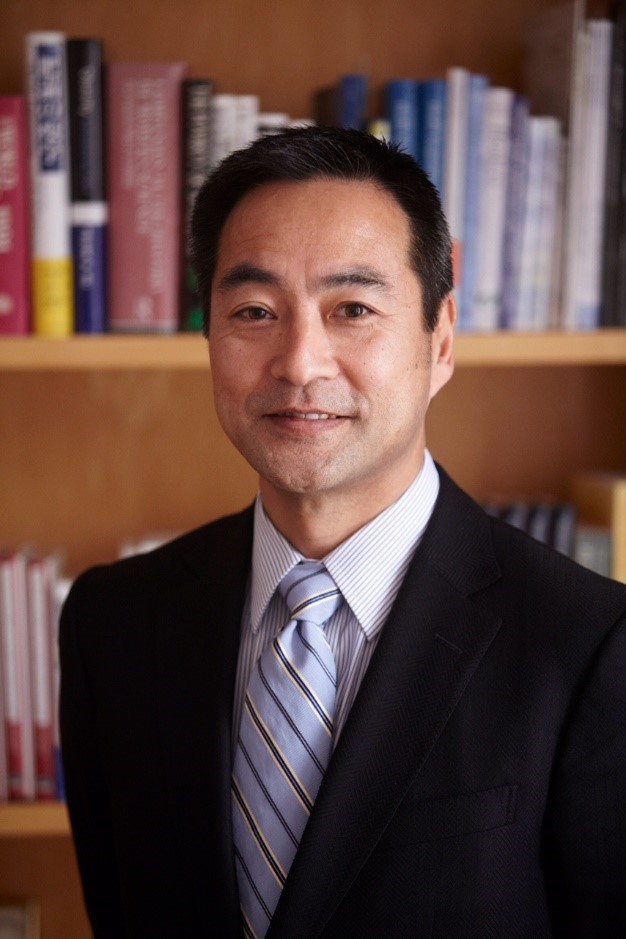Disaster resilience in an aging society: Lessons from the Great East Japan Earthquake and Tsunami
Professor Kawachi will present findings from a unique study investigating the risk and protective factors for a variety of disaster-related health conditions.
Speakers
Event series
Content navigation
RegisterDescription

Distinguished Speaker
Professor Ichiro Kawachi received both his medical degree and Ph.D. (in epidemiology) from the University of Otago, New Zealand. He has taught at the Harvard School of Public Health since 1992.
Professor Kawachi is the co-editor (with Lisa Berkman) of the first textbook on Social Epidemiology, published by Oxford University Press in 2000 (new & revised edition published in 2014). His other books include Behavioral Economics and Public Health (co-edited with Christina Roberto, Oxford University Press, 2015), Neighborhoods and Health (2nd edition, Oxford University Press, co-edited with Dustin Duncan 2018) and The Social Epidemiology of Sleep (Oxford University Press, co-edited with Dustin Duncan & Susan Redline, forthcoming 2019).
His current project is focused on the longitudinal impacts of community social cohesion/social capital on functional recovery after the March 11, 2011 Great Eastern Japan earthquake and tsunami. Professor Kawachi is the Co-Editor in Chief (with S.V. Subramanian) of the international journal Social Science & Medicine. He is an elected member of the US National Academy of Medicine, and an Honorary Fellow of the Royal Society of New Zealand.
Abstract
Disasters are increasing in frequency and severity worldwide. Due to population aging, older people are increasingly affected. More than two-thirds of the affected populations in the 2011 Great East Japan Earthquake and Tsunami were older residents who were 60 years old or over. My presentation will focus on the lessons learned about resilience in the aftermath of the March 11 disaster. Recovery after major disaster poses a unique set of challenges for the older population, including disruption of medical care for pre-existing conditions, pre-existing functional limitations that impede recovery, and social isolation in the aftermath of housing loss and resettlement.
I will present findings from a unique ongoing field study in which we gathered baseline information about the health status and living conditions of older residents residing in the town of Iwanuma, Miyagi Prefecture, seven months before the earthquake and tsunami. Approximately 2.5 years after the disaster, we conducted a follow-up survey allowing us to investigate the risk and protective factors for a variety of disaster-related health conditions, including PTSD, dementia, and metabolic syndrome.
A consistent finding to emerge from our study is the role of community-level social cohesion (“social capital”) in preventing adverse health outcomes in the aftermath of disaster.
Location
The Finkel Lecture Theatre
131 Garran Road, Acton 2601
